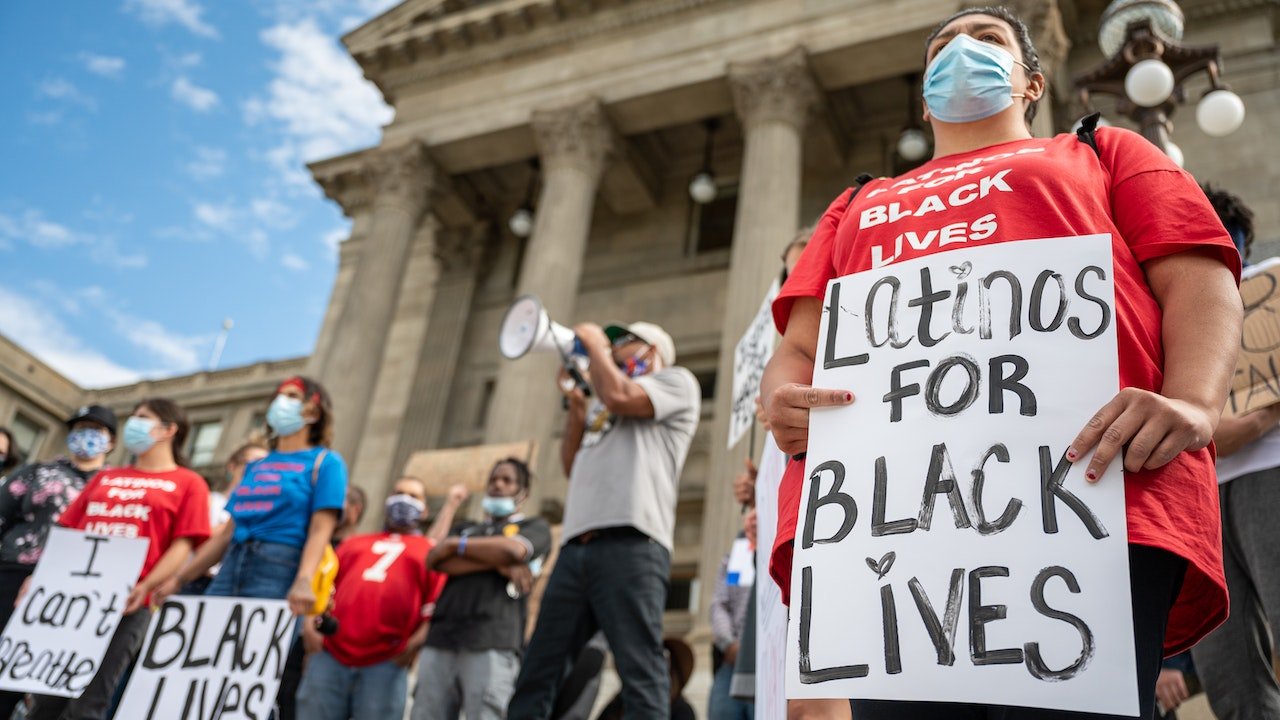Civil Litigation Process: From Filing to Trial

Civil litigation, often a complex and intricate legal journey, is crucial to resolve disputes in a structured manner. Understanding the process becomes imperative for anyone involved in legal matters. Whether you are a plaintiff seeking justice or a defendant defending your rights, navigating the civil litigation process requires insight. This article will unravel the stages, from the initial filing to the trial’s conclusion.
Contents
- 1 Pre-Filing Considerations
- 2 Initiating the Lawsuit
- 3 The Defendant’s Response
- 4 Discovery Phase
- 5 Pre-Trial Motions
- 6 Settlement Negotiations
- 7 Trial Preparation
- 8 The Trial
- 9 Post-Trial Motions
- 10 Enforcement of Judgment
- 11 Appeals Process
- 12 Alternative Dispute Resolution Revisited
- 13 Importance of Legal Representation
- 14 Conclusion
- 15 FAQs(Civil Litigation Process: From Filing to Trial0)
Pre-Filing Considerations
Before diving into a lawsuit, individuals must assess the necessity of litigation. Considering alternative dispute resolution methods, such as mediation or arbitration, is pivotal. Consultation with a seasoned attorney can provide valuable insights, helping parties make informed decisions.
Initiating the Lawsuit
Drafting a compelling complaint is the cornerstone of initiating a lawsuit. Identifying the defendant(s) accurately and filing the complaint with the court sets the legal machinery in motion.
The Defendant’s Response
Upon receiving a summons, defendants must respond promptly. Options range from filing a motion to dismiss to presenting a counterclaim, each influencing the direction of the case.
Discovery Phase
The exchange of information between parties, known as discovery, is a critical phase. Methods such as depositions and interrogatories unearth crucial details, emphasizing the importance of thorough investigation.
Read More: Child Abuse and Neglect Laws and Reporting
Pre-Trial Motions
Parties can make various requests to the court before the trial through pre-trial motions. Examples include motions for summary judgment and motions in limine, shaping the case’s trajectory.
Settlement Negotiations
Encouraging settlement discussions can lead to swifter resolutions, benefiting both parties. Avoiding the courtroom drama through negotiations showcases the flexibility of the legal system.
Trial Preparation
Gathering evidence, preparing witnesses, and developing a robust trial strategy are essential to trial preparation. Success hinges on meticulous planning and execution.
The Trial
The trial involves a carefully orchestrated presentation of evidence, examination of witnesses, and compelling closing arguments. Understanding courtroom procedures is vital for effective participation.
Post-Trial Motions
After the trial, parties may file various motions, such as motions for a new trial or to set aside judgment. These motions address issues that may have arisen during the trial.
Enforcement of Judgment
Securing the judgment involves ensuring the successful collection of damages awarded. This phase requires diligence and adherence to legal procedures.
Appeals Process
In certain situations, parties may opt for an appeal. Grounds for appeal, the filing process, and appellate court procedures constitute the appeals process.
Alternative Dispute Resolution Revisited
Alternative dispute resolution methods like mediation or arbitration may be reconsidered post-trial. Parties can explore amicable solutions to lingering disputes.
Importance of Legal Representation
Throughout the entire process, the role of attorneys cannot be overstated. Legal experts guide individuals through complexities, ensuring their rights are protected at every turn.
Read More: Careers in Alternative Law: Beyond Conventional Practice
Conclusion
In conclusion, the civil litigation process, from filing to trial, is a nuanced journey that demands careful consideration and strategic navigation. Each stage, from pre-filing assessments to post-trial motions, plays a pivotal role in shaping the outcome of legal disputes. Understanding the intricacies empowers individuals to make informed decisions, fostering an environment where justice can be sought and delivered.
As we reflect on the comprehensive nature of this process, it becomes evident that legal representation, thorough preparation, and an openness to alternative dispute resolution methods are keys to a successful resolution. Ultimately, the civil litigation process underscores the importance of a fair and effective legal system in addressing conflicts and upholding the principles of justice.
FAQs(Civil Litigation Process: From Filing to Trial0)
Is mediation always a part of the civil litigation process?
While not mandatory, parties often explore mediation as an alternative to lengthy courtroom battles.
Can I represent myself in a civil lawsuit?
While possible, legal representation is highly recommended to navigate complex legal procedures effectively.
How long does the civil litigation process typically take?
The duration varies, depending on factors such as case complexity, court backlog, and settlement negotiations.
What happens if I lose the trial?
Depending on the circumstances, options include filing an appeal or exploring post-trial motions.
Is it possible to settle a case after the trial has started?
Yes, parties can negotiate a settlement even after the trial has commenced.





